Hope, Justice, Reconciliation and Desmond Tutu
Archbishop Desmond Tutu, a towering figure in the realms of justice, reconciliation, and peace, embodies the epitome of moral courage and unwavering commitment to human dignity. Born in Klerksdorp, South Africa, on October 7, 1931, Tutu’s life journey encapsulates the struggles and triumphs of a nation undergoing profound transformation. His tireless advocacy against apartheid, his pivotal role in South Africa’s Truth and Reconciliation Commission, and his unyielding pursuit of social justice have left an indelible mark on the global stage. This article endeavours to delve into the life, legacy, and enduring impact of Archbishop Desmond Tutu.

Table of Contents
Early Life and Education
Desmond Mpilo Tutu was raised in a segregated South Africa, where racial discrimination was deeply entrenched in every aspect of society. Despite the systemic barriers, Tutu demonstrated exceptional academic prowess, earning a bachelor’s degree in theology from the University of South Africa. He subsequently pursued further studies in England, obtaining a Master of Theology from King’s College London. Tutu’s academic pursuits were not merely intellectual endeavours; they laid the foundation for his lifelong commitment to social justice and equality.
The Anti-Apartheid Activist
Tutu’s return to South Africa coincided with the escalation of apartheid policies by the National Party government. He quickly emerged as a prominent voice against racial oppression, using his position as a clergyman to advocate for nonviolent resistance and reconciliation. Tutu’s fearless condemnation of apartheid drew international attention and earned him both admiration and enmity from various quarters. Despite facing persecution and threats to his life, Tutu remained resolute in his pursuit of justice, aligning himself with movements such as the African National Congress (ANC) and the United Democratic Front (UDF).
Desmond Tutu’s time as an anti-apartheid activist was marked by unwavering courage, moral clarity, and a deep commitment to justice. As a black South African living under the oppressive regime of apartheid, Tutu experienced first-hand the brutal realities of racial discrimination and segregation. His experiences fuelled his determination to challenge the status quo and advocate for the rights and dignity of all South Africans, regardless of their race or ethnicity.

Amplifying the Voices of the Oppressed
Tutu’s activism took various forms, from public speeches and sermons denouncing apartheid to participation in protests and civil disobedience campaigns. As a prominent clergyman within the Anglican Church, Tutu used his pulpit to amplify the voices of the oppressed and to call for an end to apartheid. His sermons often combined theological insights with impassioned pleas for justice, inspiring both hope and action among his congregants and supporters.
One of Tutu’s most significant contributions to the anti-apartheid struggle was his role as a unifying figure within the broader movement. Despite ideological differences and strategic disagreements among anti-apartheid organizations, Tutu consistently emphasized the importance of unity and solidarity in the struggle against oppression. He worked tirelessly to bridge divides and foster collaboration among diverse groups, recognizing that a fragmented opposition would only serve to strengthen the apartheid regime.

The Injustices of Apartheid
Tutu’s international advocacy also played a crucial role in raising awareness about the injustices of apartheid and mobilizing support for the anti-apartheid cause on the global stage. He travelled extensively, speaking at universities, churches, and community gatherings across the world, and meeting with political leaders, diplomats, and human rights activists. Tutu’s efforts helped to galvanize international pressure on the South African government, leading to sanctions, boycotts, and divestment campaigns that contributed to the eventual downfall of apartheid.
Despite facing constant harassment, intimidation, and even imprisonment by the apartheid authorities, Tutu remained steadfast in his commitment to nonviolent resistance and reconciliation. He believed fervently in the power of love, forgiveness, and reconciliation to overcome the deep divisions and traumas inflicted by apartheid. Tutu’s advocacy for a peaceful transition to democracy, grounded in the principles of truth and justice, played a crucial role in shaping South Africa’s post-apartheid future.
Overall, Desmond Tutu’s time as an anti-apartheid activist exemplifies the transformative potential of moral courage, resilience, and solidarity in the face of injustice. His tireless efforts to challenge apartheid and to build a more just and inclusive society continue to inspire activists and peacemakers around the world, reminding us that the struggle for justice is a collective endeavour that requires unwavering commitment and solidarity.
Nobel Peace Prize Laureate
In 1984, Tutu was awarded the Nobel Peace Prize in recognition of his relentless campaign against apartheid. His unwavering commitment to nonviolent protest and reconciliation earned him widespread acclaim, solidifying his status as a global icon of peace and justice. The Nobel Committee lauded Tutu’s “unflagging efforts to attain a peaceful solution based on justice and equity” and praised his role as a unifying force in a deeply divided society. Tutu’s receipt of the Nobel Peace Prize not only honoured his individual achievements but also highlighted the collective struggle of the South African people against apartheid tyranny.
Desmond Tutu’s receipt of the Nobel Peace Prize in 1984 was a profound recognition of his extraordinary contributions to the struggle against apartheid and his unwavering commitment to peace, justice, and reconciliation in South Africa. Tutu’s achievement as a Nobel Peace Prize Laureate not only honoured his individual efforts but also highlighted the collective aspirations of the South African people for freedom, equality, and dignity.
Tutu was awarded the Nobel Peace Prize in recognition of his tireless advocacy against apartheid and his steadfast commitment to nonviolent resistance. Throughout his career as an anti-apartheid activist, Tutu emerged as a prominent voice for justice and reconciliation, using his position as a clergyman to speak out against racial oppression and to mobilize support for the anti-apartheid movement. His impassioned speeches, sermons, and writings galvanized both domestic and international opposition to apartheid, earning him widespread acclaim and admiration.

A Powerful Endorsement of his Vision for South Africa
The Nobel Committee praised Tutu’s “unflagging efforts to attain a peaceful solution based on justice and equity” and lauded his role as a unifying force in a deeply divided society. Tutu’s receipt of the Nobel Peace Prize was seen as a validation of the moral legitimacy of the anti-apartheid struggle and as a powerful endorsement of his vision for a South Africa free from racial discrimination and injustice.
As a Nobel Peace Prize Laureate, Tutu used his newfound platform to amplify the voices of the oppressed and to advocate for the rights and dignity of all South Africans. He continued to speak out against human rights abuses and social injustices, both within South Africa and around the world, and to call for international solidarity in support of the anti-apartheid movement. Tutu’s status as a Nobel laureate lent him credibility and influence on the global stage, enabling him to mobilize support for the anti-apartheid cause and to advance the principles of peace, justice, and reconciliation.
Beyond his role as a symbolic figurehead, Tutu’s Nobel Peace Prize served as a source of inspiration and hope for millions of people, both in South Africa and beyond. It was a testament to the power of moral courage, resilience, and solidarity in the face of oppression and injustice, and it underscored the transformative potential of nonviolent resistance and reconciliation. Tutu’s achievement as a Nobel Peace Prize Laureate remains a shining example of the enduring power of the human spirit to overcome adversity and to strive for a better, more just world.
*All Book Images Open a New tab to our Bookshop
**If you buy books linked to our site, we get 10% commission from Bookshop.org, whose fees support independent bookshops
The Truth and Reconciliation Commission
Following the dismantling of apartheid, South Africa faced the daunting task of healing the wounds inflicted by decades of racial oppression and violence. In this pivotal moment, Archbishop Tutu played a central role in the establishment of the Truth and Reconciliation Commission (TRC). Conceived as a forum for victims and perpetrators alike to confront the past and chart a path towards reconciliation, the TRC represented a radical departure from conventional approaches to post-conflict justice.
Tutu’s leadership of the commission was characterized by compassion, empathy, and an unwavering commitment to truth-telling. Despite facing criticism from various quarters, Tutu remained steadfast in his belief that reconciliation was essential for building a truly democratic and inclusive society.
Desmond Tutu’s involvement in the Truth and Reconciliation Commission (TRC) was a defining moment in his career and a crucial chapter in South Africa’s journey toward healing and reconciliation. Established in 1995 by the newly elected democratic government under President Nelson Mandela, the TRC was tasked with investigating human rights violations committed during the apartheid era, promoting national unity, and facilitating the process of reconciliation.
Moral Authority
As the Chairperson of the TRC, Archbishop Tutu brought to the role his moral authority, compassionate leadership, and unwavering commitment to justice and forgiveness. Under his guidance, the TRC conducted public hearings where victims of apartheid-era atrocities could share their experiences, confront their perpetrators, and seek truth and justice. These hearings provided a platform for survivors to testify about their suffering and to demand accountability from those responsible for human rights abuses.
Tutu’s leadership style during the TRC proceedings was characterized by empathy, compassion, and a deep respect for the dignity of all participants. He listened attentively to the testimonies of victims, offering words of comfort and encouragement, and ensuring that their voices were heard and their stories acknowledged. At the same time, Tutu challenged perpetrators to take responsibility for their actions, urging them to acknowledge the harm they had caused and to seek reconciliation with their victims.
One of the most controversial aspects of the TRC was its amnesty provision, which allowed individuals who confessed to committing human rights violations during the apartheid era to apply for amnesty from prosecution. While some criticized this provision as granting impunity to perpetrators, Tutu defended it as a necessary compromise to facilitate the transition from apartheid to democracy. He argued that the pursuit of justice must be balanced with the imperative of reconciliation, and that forgiveness was essential for building a future based on mutual respect and understanding.

Effectiveness of the commission
Throughout the TRC process, Tutu faced criticism and opposition from various quarters. Some accused him of being too lenient toward perpetrators, while others questioned the effectiveness of the commission in achieving its objectives. Despite these challenges, Tutu remained steadfast in his belief that the TRC was a vital step toward healing the wounds of the past and building a more just and inclusive society.
In the years following the conclusion of the TRC, Tutu continued to advocate for reconciliation and social justice in South Africa and beyond. He emphasized the importance of remembering the lessons of the past, confronting the legacies of injustice, and working together to build a future based on the principles of equality, dignity, and Ubuntu (human kindness). Tutu’s leadership of the TRC remains a testament to his vision of a world transformed by the power of forgiveness, reconciliation, and the pursuit of truth.
Legacy and Impact
Archbishop Desmond Tutu’s legacy transcends the boundaries of his native South Africa, inspiring generations of activists, peacemakers, and human rights defenders around the world. His moral clarity, infectious optimism, and unwavering faith in the power of forgiveness have left an indelible mark on the global conscience. Tutu’s teachings on Ubuntu, the African philosophy of interconnectedness and mutual responsibility, continue to resonate with people from all walks of life, reminding us of our shared humanity in an increasingly divided world.
Archbishop Desmond Tutu’s life and legacy served as a beacon of hope, justice, and reconciliation in a world fraught with division and conflict. From his early days as a vocal critic of apartheid to his pivotal role in South Africa’s transition to democracy, Tutu exemplified the transformative power of moral courage and unwavering commitment to human dignity. As we reflect on Tutu’s extraordinary journey, let us heed his timeless message of forgiveness, reconciliation, and Ubuntu, and strive to build a world where justice and peace prevail for all.





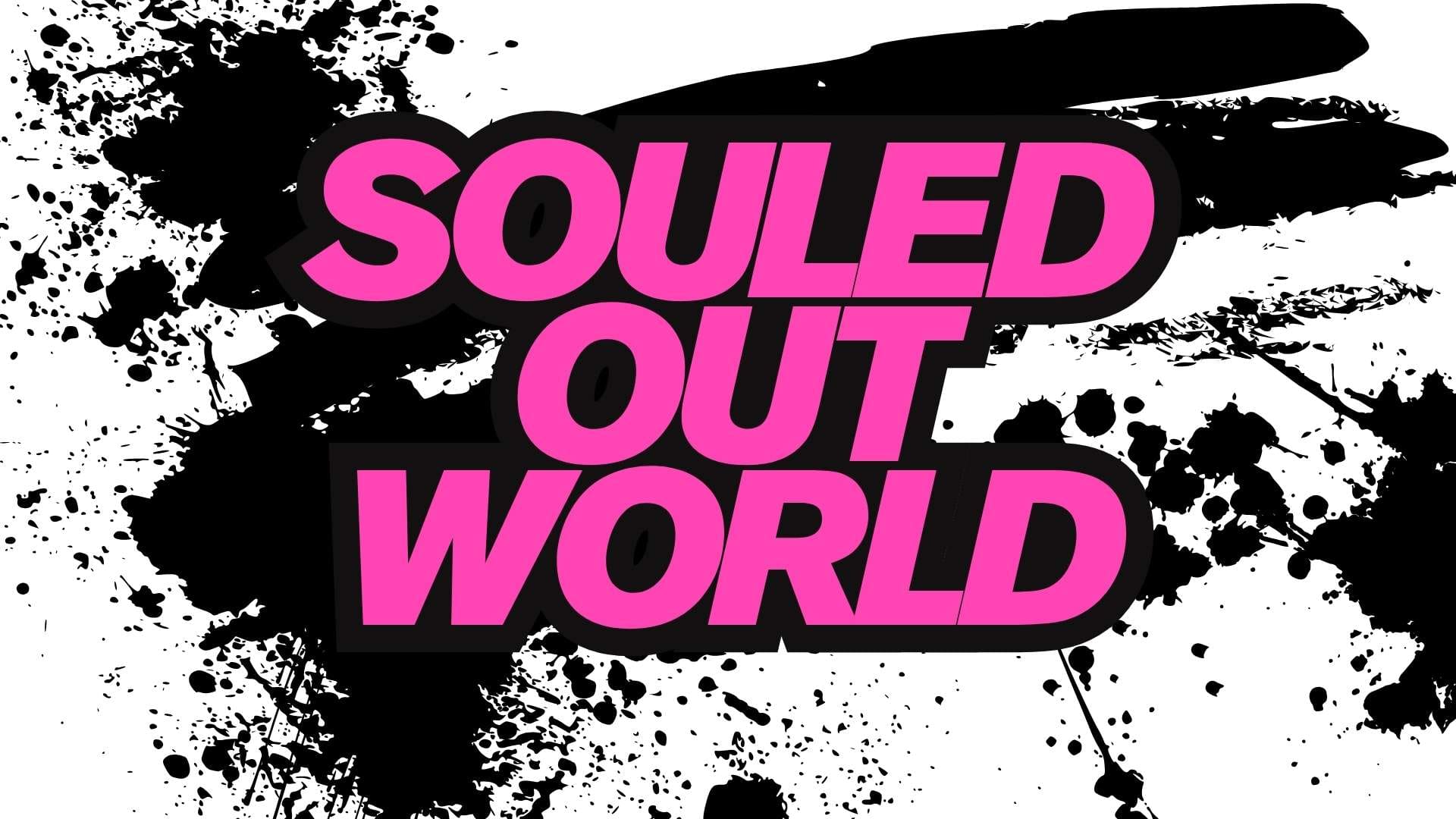






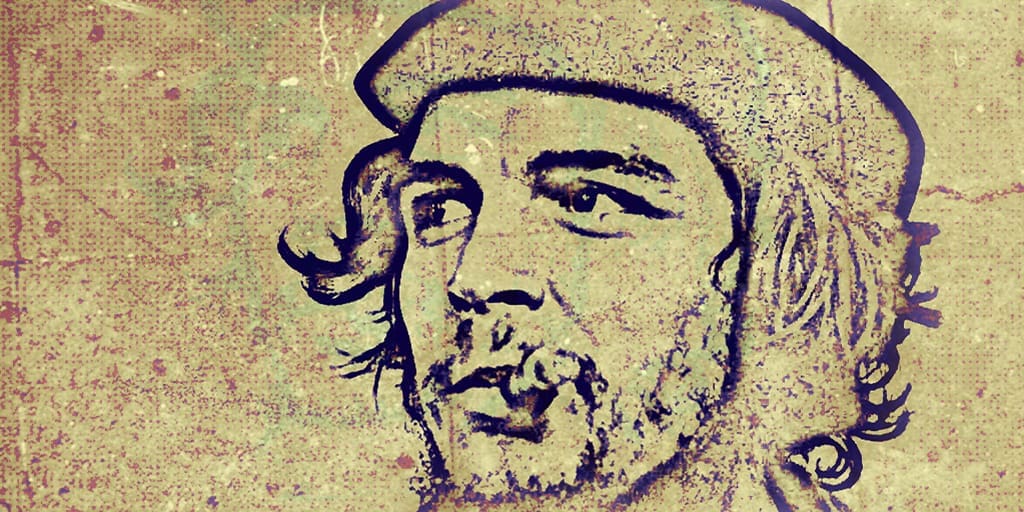
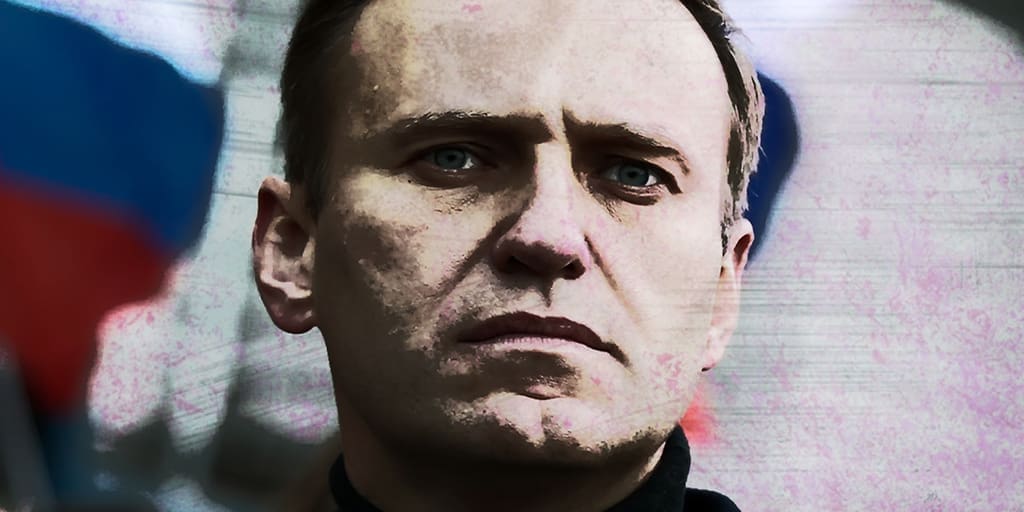
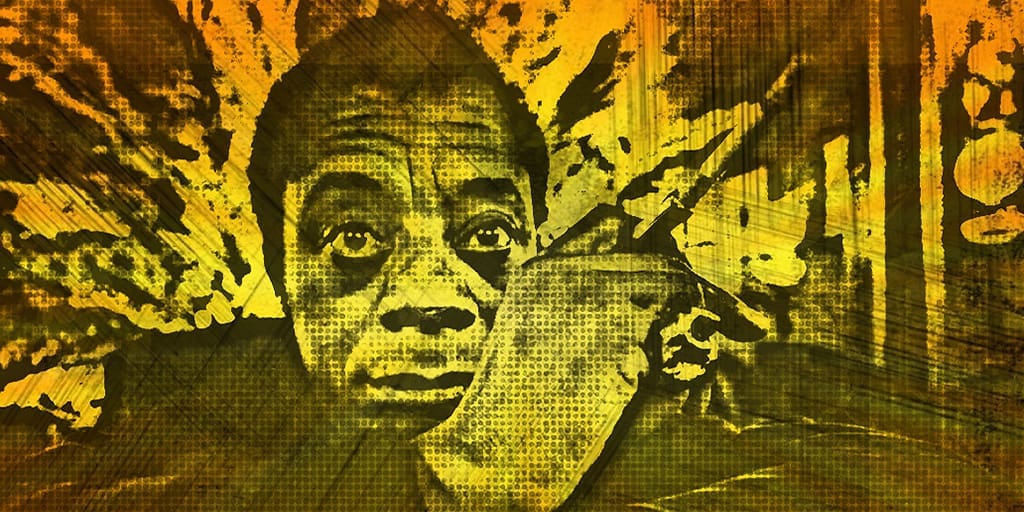

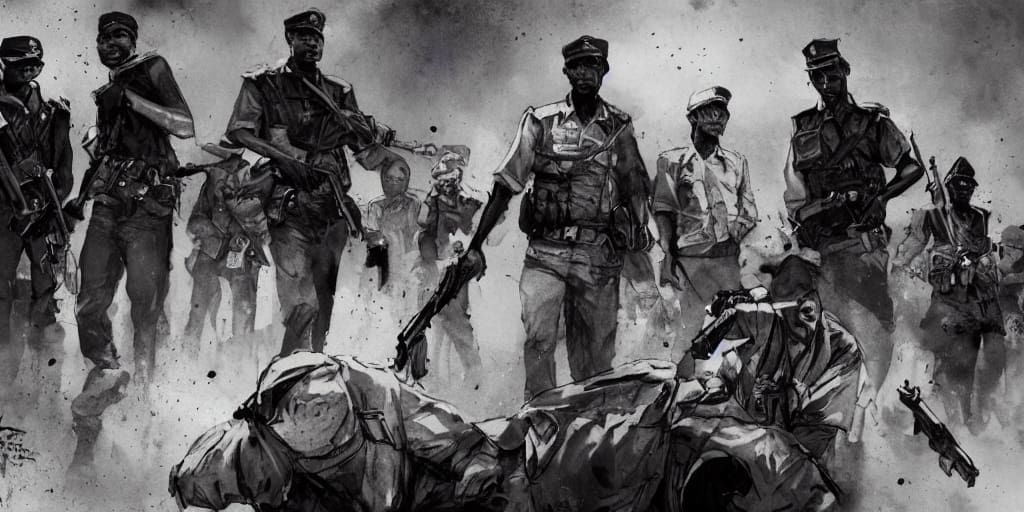
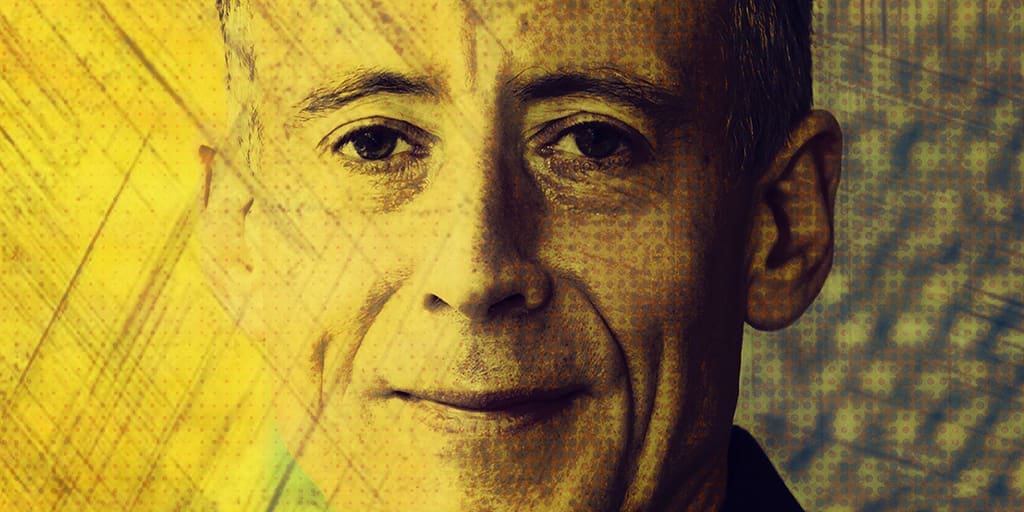

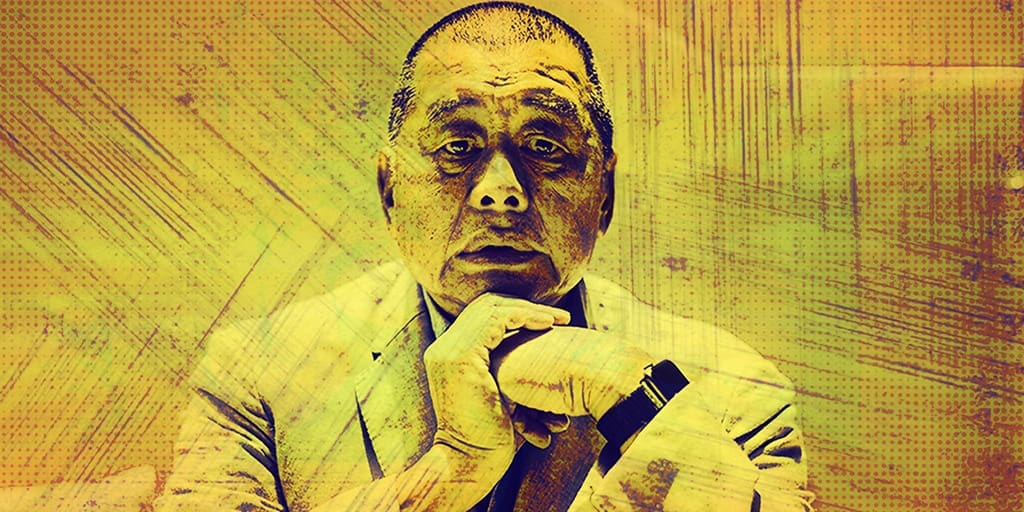



















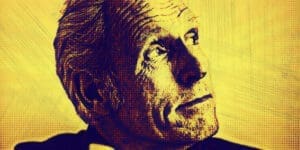


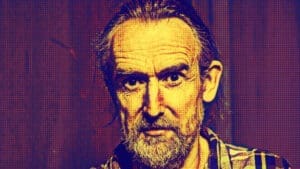
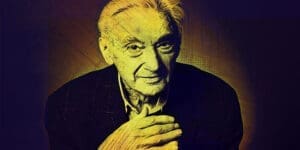





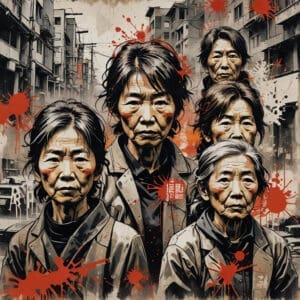

What do you think?